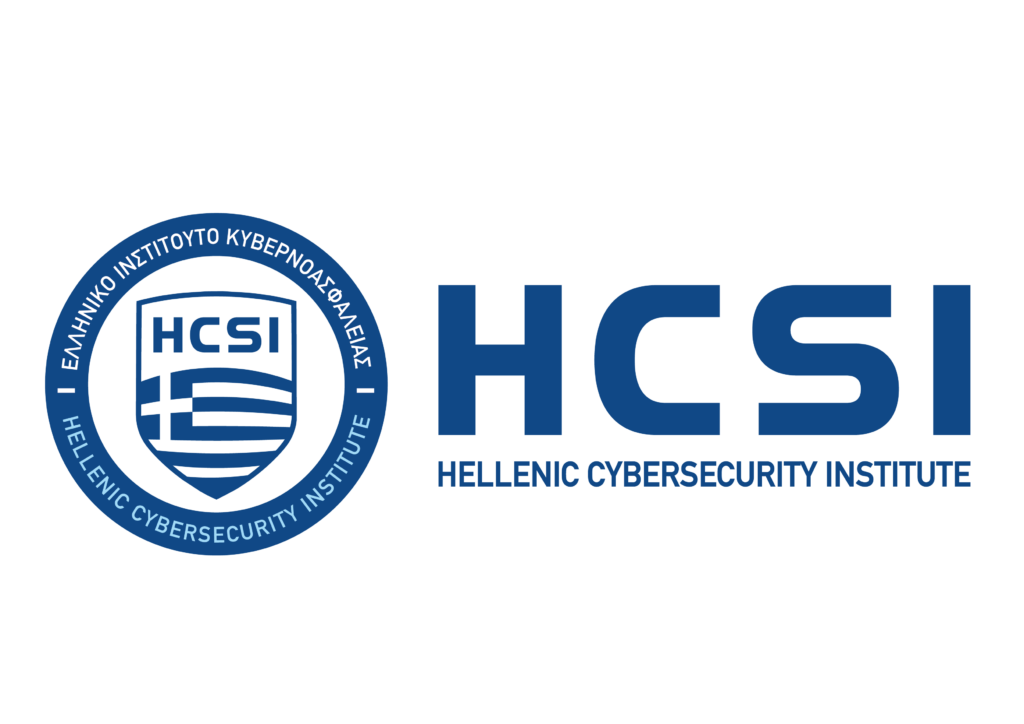
HCSI works to build digital trust, enhance cybersecurity and resilience, and to contribute to the digital marketplace in a way that promotes the safe use of cyberspace in Greece. Its primary function is to advance and promote cybersecurity practices, research, education, and collaboration. HCSI serves as a hub for cutting-edge research, identifying emerging threats, vulnerabilities, and technologies. Through rigorous studies, it explores innovative approaches, methodologies, and tools to strengthen security measures and effectively mitigate risks. Moreover, the Institute offers education and training programs to cultivate a skilled workforce equipped with the knowledge and expertise needed to combat cyber threats. By fostering collaboration among industry, academia, government, and other cybersecurity organizations, HCSI facilitates information sharing, joint research initiatives, and collective efforts to address evolving challenges. Furthermore, it plays a vital role in raising public awareness about cybersecurity risks, best practices, and the importance of a secure digital environment in Greece.
The key HCSI responsibilities are presented below.
First and foremost, HCSI is the leader of WP6: Dissemination, Communication and Exploitation of Results. Next, HCSI will lead the T2.3 “Legal and Privacy Requirements” examining European and national regulations on data protection, including policies for small businesses and trusted services, as well as frameworks related to personal data protection and intellectual property rights, to draft necessary legal requirements aligned with current policy and legal advancements at EU and national levels. Also, HCSI will lead T5.2 “Security Training for ECSC” engaging members of the Hellenic Cyber Security Team (ECSC) and inviting other national teams participating in ECSC to evaluate the NITRO platform. Finally, HCSI will lead T6.2 “Market Analysis and Clustering Activities” exploring strategies for introducing NITRO outcomes to the market, including market analysis and identifying entry barriers.